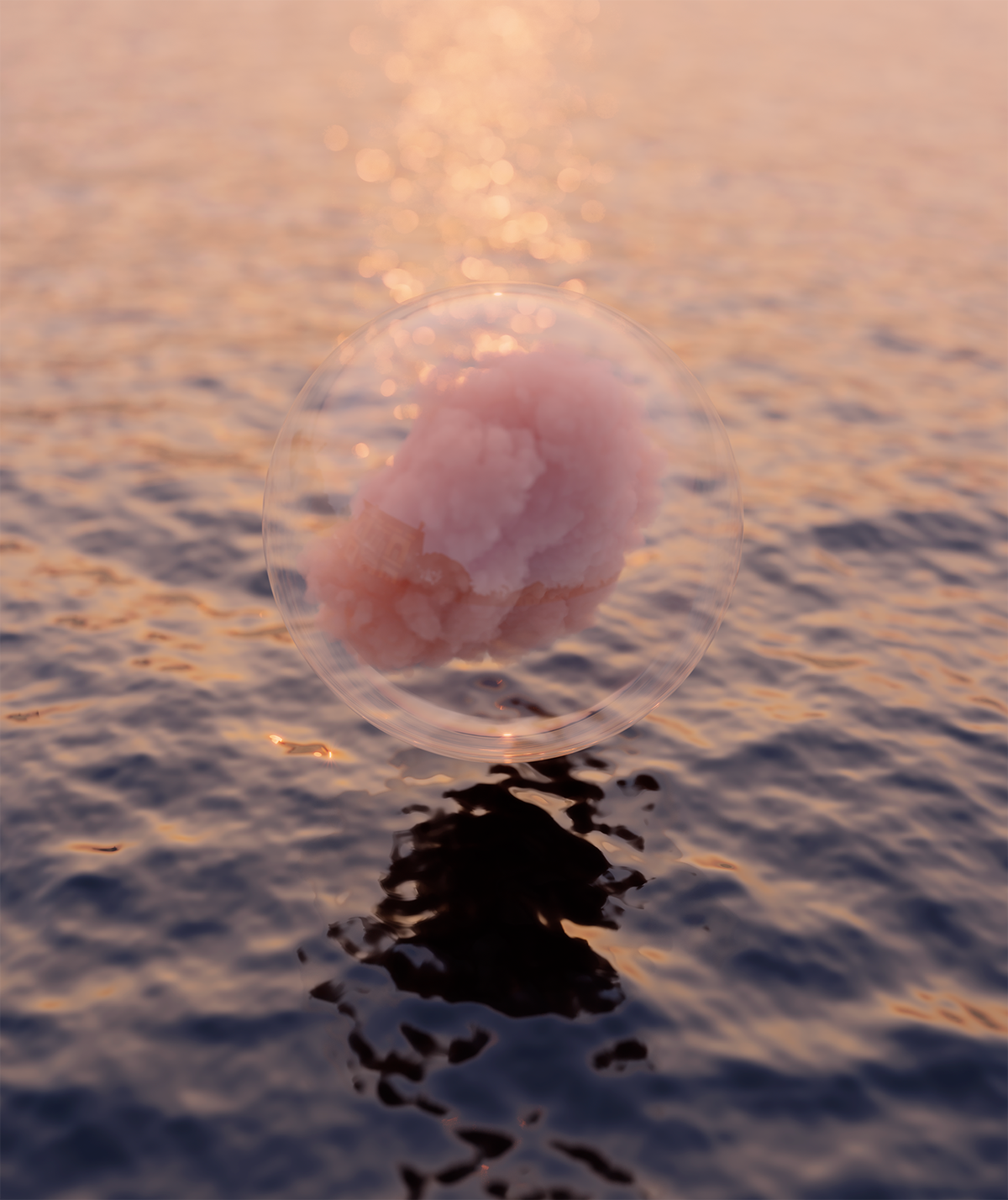Joy. Begin there because a consideration of joy stands in need of a big drop-cap letter J—like an ornament on the page, decorative yet somehow necessary. Because there’s no way to write about it without a little garnish, without sounding sentimental. Joy’s discreet, mutable power is a whole lot and also very ordinary: You’re flying, on the inside.
I set out to make sense of my ambivalence toward joy. After a long break, I was ready to write again, apparently from a place of sorting through. (It’s worth noting that finding an editor, like mine for this essay, who simultaneously guides the writer toward and away from danger, intuiting when it’s okay to say “I don’t buy it!” is its own joy.) I was certain—often the first sign I’ve got it all wrong—that joy was not something I prioritized, or was not something I was looking after, the way I imagine many people do in order to safeguard themselves from Everything. I was sure it was rooted in the accumulation of canceled joys like holidays that never occurred or reunions with friends that were pushed and pushed and pushed. I feel, mainly, the effort of all of it: a thickset intensity that hasn’t let up. When I do experience enchantment, like from a movie’s last line (Elaine May’s The Heartbreak Kid), I also experience, alongside that enchantment, how unavailable I’ve been to that fizzy, sweetened frequency.
Recently, I was sent a quote by the writer and academic Saidiya Hartman. In it, she describes her relationship to joy as a form of floating: “It’s about being nothing and being everything at the same time—this sense of the self disappearing in the context of the vastness of the earth, the ocean, the sky, the land.” It’s an experience, she says, “of transformation or release from the constraint or costume of the individual … into this other form.” Another form. This way of understanding joy resonates with me because joy is not simply controlled; it’s constitutional.
More From Harper's BAZAAR

To unpack my perceived ambivalence, I called a dear friend. I asked him about joy the way I might have asked him about what books he was reading or how his sister was doing. He spoke to me about joy the way he speaks to me about the books he is reading or how his sister is doing: with gratitude for the very plain. A sentence about the color blue that made him smile, for example. Or how thinking about siblings slips us into childhood memories we haven’t reflected on for decades—something small like hair color naturally darkening or soft curls going flat as the years pass. It was as though we disappeared into our conversation, falling into a sense of ease that felt like stillness (even if our call lasted two hours, even if during it I’d walked across two neighborhoods). When I am still, I can find a way in and I can find a way out. In other words, I find my rhythm. What else is there for a writer?
If joy is found in the everyday, then its proximity to negligible, uncomplicated stuff sweetens its value. I think of songs that give shape to Saturday morning. For me, there’s Brian Eno and John Cale’s “Spinning Away,” which glistens as if the notes are phosphorescent, never going dull. There’s Labi Siffre’s softly ecstatic voice, singing about talking on the telephone. There’s Toots and the Maytals, whom I used to listen to with my father and now listen to with my son. Saturday morning is an ideal for time travel, the kind where you don’t get lost in the past and where you always find your way home.
In Rachel Kushner’s essay collection, The Hard Crowd, specifically the titular essay, there is an ode to joy near the beginning. “The whole of youthful experience has slid away,” she writes, “the years and the people, the moments and feelings. In all that loss, a person continues to locate little tokes of joy from new and surprising places. Still learning, still becoming. Busy being born, and busy dying. You have a present, a now, even as you drag with you a snowballing bulk of what was. Sometimes you spike a new joy, you really do, and sometimes you hit an old one, and the more you’ve lived the more there are of the old ones.”
I decided to write Kushner, and, as with my friend, I asked her about joy. I was lucky. She responded, wanting to be of use. “I do think about joy,” she wrote, “not certain I have a clear rhetorical system for ecstasy, joy, and happiness, but I also don’t feel any pressure to adopt such a system.” Kushner went on to explain what she calls “puffs,” a unit of measurement she’s invented for “toking” puffs of joy. “I stave off other people’s gloom and protect myself from the despair of the world with my private joy. My little puffs. I splendor in them.”
When I revisit Kushner’s email a couple of weeks later, I am about to walk 10 minutes to my son’s day care and pick him up. I am anticipating the extraordinary puff of seeing him through the window before he sees me. I am anticipating the other equally extraordinary puff of walking home just as the sun sets, rinsing the sky with make-believe shades of pink and orange.
But before that, I finish Kushner’s note, which is, too, for me, without question, a puff. She had written, “Comfort is part of joy. Some of my comforts are Antonioni movies, because I saw them all in a class in college so long ago and so they give me this sense of continuity of my own mind and identity in a way that is incredibly reassuring. All my dreams of how to be elegant tied up in Jeanne Moreau’s dress in La Notte and in understanding that the movie was a critique of architecture—but knowing, as I watched it two nights ago, that that is the least interesting thing about it—and that it’s about knowing it’s too late for a different life. It’s too late for a different life. Which roots me into this one and makes me love it all the more.”
I finish reading Kushner’s words and close my computer. I’m impatient to get there, to see my son before he sees me. I take pleasure in leaving the house with nothing and knowing I will return with everything.












